We didn’t let it get us down after our server hiccuped and lost our active poll results last week. We just turned around and put up another poll. Unfortunately, our rebooting-the-reboot poll (we were only three polls into a reboot of polling on FOSS Force after an absence of a year or more) wasn’t as popular with our visitors as the two we lost, but hey, that’s life.
| [yop_poll id=”42″] |
For this poll we focused on the Raspberry Pi. We’ve been pleasantly surprised by the number of you who read The Raspberry Pi Report, Isaak Carter’s bi-weekly coverage of the Pi machines here on FOSS Force, so we thought we’d see just how far into the Raspberry Pi phenomena you dwell.
Christine Hall has been a journalist since 1971. In 2001, she began writing a weekly consumer computer column and started covering Linux and FOSS in 2002 after making the switch to GNU/Linux. Follow her on Twitter: @BrideOfLinux

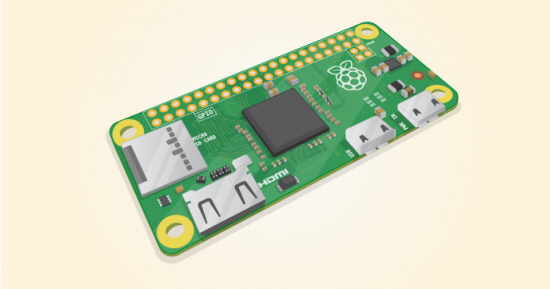
 It’s almost Christmas, which means that the day isn’t far off when ol’ Father Time rolls the odometer over yet again. This, of course, is the time of year when news writers like to publish lists, partly because they’re easier to write than real news stories. It’s not that we’re lazy, mind you, we’re just too busy shopping and decorating and drinking egg nog…especially drinking egg nog. We love drinking egg nog.
It’s almost Christmas, which means that the day isn’t far off when ol’ Father Time rolls the odometer over yet again. This, of course, is the time of year when news writers like to publish lists, partly because they’re easier to write than real news stories. It’s not that we’re lazy, mind you, we’re just too busy shopping and decorating and drinking egg nog…especially drinking egg nog. We love drinking egg nog.
 Dell Fixing UEFI for Linux? Linux users may be able to update their UEFI firmware on devices, if Dell has their way. The computer manufacturing giant is looking at making things easier for Linux users, and Richard Hughes writes on his
Dell Fixing UEFI for Linux? Linux users may be able to update their UEFI firmware on devices, if Dell has their way. The computer manufacturing giant is looking at making things easier for Linux users, and Richard Hughes writes on his 


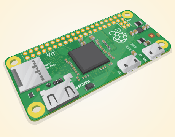 The Thanksgiving holiday really put a damper on FOSS developments this week — but that doesn’t mean there’s nothing to report. On the contrary. So without further adieu, and on the heels of Thanksgiving, help yourself to another slice of…
The Thanksgiving holiday really put a damper on FOSS developments this week — but that doesn’t mean there’s nothing to report. On the contrary. So without further adieu, and on the heels of Thanksgiving, help yourself to another slice of…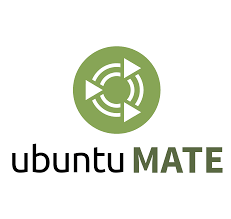
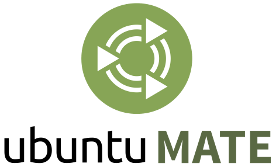 In this latest release, Ubuntu MATE now comes equipped with everything under the hood that Raspbian has to offer and then some. I’ll review some of the best parts about Ubuntu MATE and show why you might want to install Ubuntu MATE instead of Raspbian.
In this latest release, Ubuntu MATE now comes equipped with everything under the hood that Raspbian has to offer and then some. I’ll review some of the best parts about Ubuntu MATE and show why you might want to install Ubuntu MATE instead of Raspbian.
